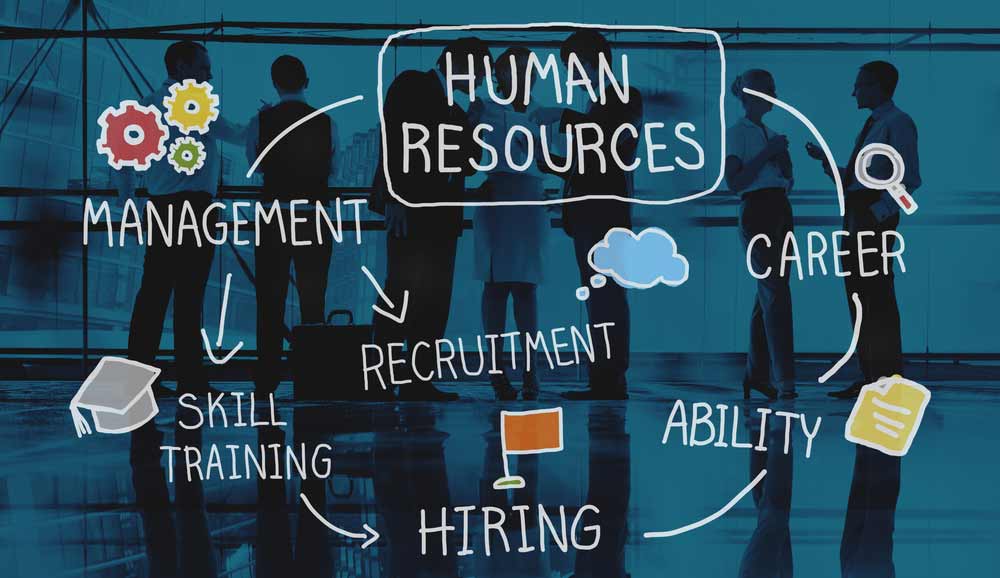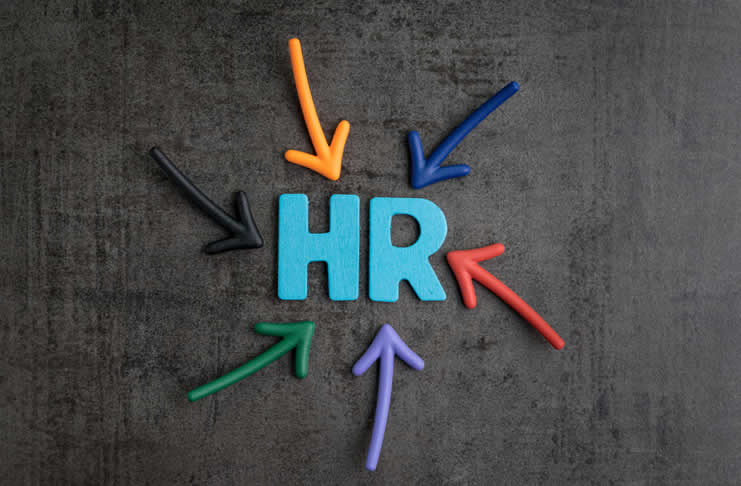
The modern HR professional’s job description encompasses far more than administrative chores like payroll and benefits (though these are still crucial). And, with the arrival of the coronavirus and the ensuing rapid workforce transition, this new HR capacity has been in great demand.
Whether you’re putting together your first HR team, overhauling your current program, or exploring a career in the industry, it’s critical to think about both the essential obligations and the exciting potential effect of human resource management today.
HR Professional in Today’s Generation
The job of today’s human resources department is changing swiftly as our method of working changes. As a result, organizations are challenged with daily difficulties, ranging from faster globalization of labor to generational shifts in workplace expectations, requiring them to constantly reformulate how they search, hire, and manage top people.
In recent years, HR has shifted its attention away from traditional ‘fire and hire’ activities and has moved toward employee engagement, management, and all elements of an organization. But, unfortunately, not every business recognizes the importance of human resources in its operations. As a result, they undercut their work and pay less attention to their own development.

This strategic approach to HR is becoming more common, and the roles and responsibilities associated with it are frequently referred to as “next-generation” HR Professionals. As these departments evolve and grow, HR Professional careers shift away from ambiguous titles like HR generalist and Human Resources Manager and toward HR specialists like HR Admin, Chief People Officer, and HR Data Analyst.
Some of the functions that the HR jobs help to drive in the next-generation businesses are:
Increasing Diversity:
Building an inclusive culture is high on the list of goals for human resource management today. Not only does harnessing the diverse skill sets of employees from various backgrounds and experiences strengthen an organization, but it’s also a significant turnoff for potential new hires.

Conflict Resolution
Maintaining a society free of conflict is nearly impossible. There will always be times when a disagreement emerges. And the best approach for a company to deal with problems is to resolve them. That is why approaching HR experts with concerns about a coworker is always a good idea.
HR workers have been taught to deal with contentious situations. They discuss the conflict with the staff so that both parties may come to an agreement. This ensures no personal grudges or arguments between employees, which positively improves the organization’s entire workflow.
Interpreting People’s Data:
Organizations today collect vast volumes of data about their talent pools, applicants, and final employees, as previously indicated. Deep dive into this data by a qualified HR data analyst can give significant insights into what types of educational or skill backgrounds are best suited for specific roles, what factors influence employee happiness and retention, and more.
Enhancing Leadership:
As a company grows, executives may frequently require additional HR assistance, ranging from succession planning to furthering their own management abilities. HR Professionals should be in touch with everyone in the company, assisting in the early detection of potential personnel shortages and actively finding workshops and training to offer managers.
Increasing Employee Engagement:
In response to the growing recognition that an organization’s people are its competitive advantage, new HR leadership roles have been created to focus solely on employee engagement and development as individuals through education, training and development programs, and other means.

You Are NOT Just Another HR Professional
There’s one underlying question on everyone’s mind during the hiring process. And, as a Human Resources professional, you know this is the big one, whether or not you’ve ever been involved in the recruiting function.
That question is… “Why Should I Hire You?”
Guess what? The answer lies not only in what you can tell them about your qualifications, your hard-earned degree or certification, and your excellent work history. While those things are all important, what I’m getting at is that your answer needs to go deeper than that.
Why?
Because many other HR professionals in the market also have suitable backgrounds and qualifications for the job opening. The more profound and most important part of the answer is how you are different.
To answer the question well, you must know HOW you are different to articulate it clearly and according to their needs.
What’s So Different About You?
There is definitely something unique about you. You were born with this uniqueness. Others know what it is because they come to you for it. Since you’ve had this uniqueness all your life, you might be too close to it to see it. You live in the skin you’re in, and it’s hard to look at yourself from the outside.
But there is indeed something unique and different about you.
A client once told me that she is known for being the glue that holds everything. Another said that she is very tenacious and that walls only appear when she stops. These are great examples of compelling and memorable ways to describe uniqueness.
Uniqueness Formula
The Unique Promise of Value Formula, which is Talent + Passion + Impact.
It’s simple. You identify your unique core talent – the one that you are most passionate about using – and then cross-check it by determining how you’ve made an impact using it.
For the Talent part of the formula, make an inventory of your unique talents and skills. Write down everything that comes to mind, even if it seems too obvious. Chances are, what comes easy to you may be just what makes you unique and special.
There is a distinction between talents and skills. Talents come quickly to you – they’re inborn abilities. Skills are what you have learned to do. Skills may or may not be related to your talents. Some of your talents may still be raw and undeveloped. For example, maybe you had natural music ability when you were younger but never had the opportunity or perhaps chose not to develop skills like reading and writing music or playing a musical instrument. Start with the skills you enjoy using and see if they track back to a natural talent you have enjoyed developing.
When it comes to passion, you should think about the talent you have the most passion for when using it. If you need help figuring this out, pay attention to what tasks you do that energize you or that you enjoy doing so much that you lose track of time (in a good way, of course!).
If passion isn’t a word that resonates for you, try approaching it as what makes you feel delighted and contented. Like everything is right in the world during the time when you’re working or performing that particular activity. Basically, you can’t do this… whatever it is. In fact, you’d do it (and probably already do it) for free.
When you’re looking at the Impact part of the formula, look at those accomplishments that came out of the work you really enjoyed doing. I’ve noticed that many of us tend to be good girls and boys who get results because we are trained to be that way or because we need to get the gold-star recognition or because it’s the right thing to do when we’re on someone’s payroll. So I’d like you to focus on what you did to make a difference because you were all in.
The core talent you’re so passionate about using that you can’t NOT do it will have a positive impact in some way. So look for examples of results that validate the other parts of the formula.
You make a difference – and add value – when you do something that not only gets results, it ignites you and satisfies your soul.
Pull these three elements together, and you’ll be able to articulate why they should hire you. In addition, you’ll be able to tell them why you are NOT just another HR Professional.
“Everyone has been made for some particular work and the desire for that work has been put in every heart.”
– Rumi
To succeed in the field of human resources, you must have a strong commitment and dedication. HR professionals have started to realize their importance in the industry and how they make everyone’s life easier. In addition, an HR professional’s job assists a firm in enhancing its market presence and positively impacts the organization’s bottom line.




Be the first to comment